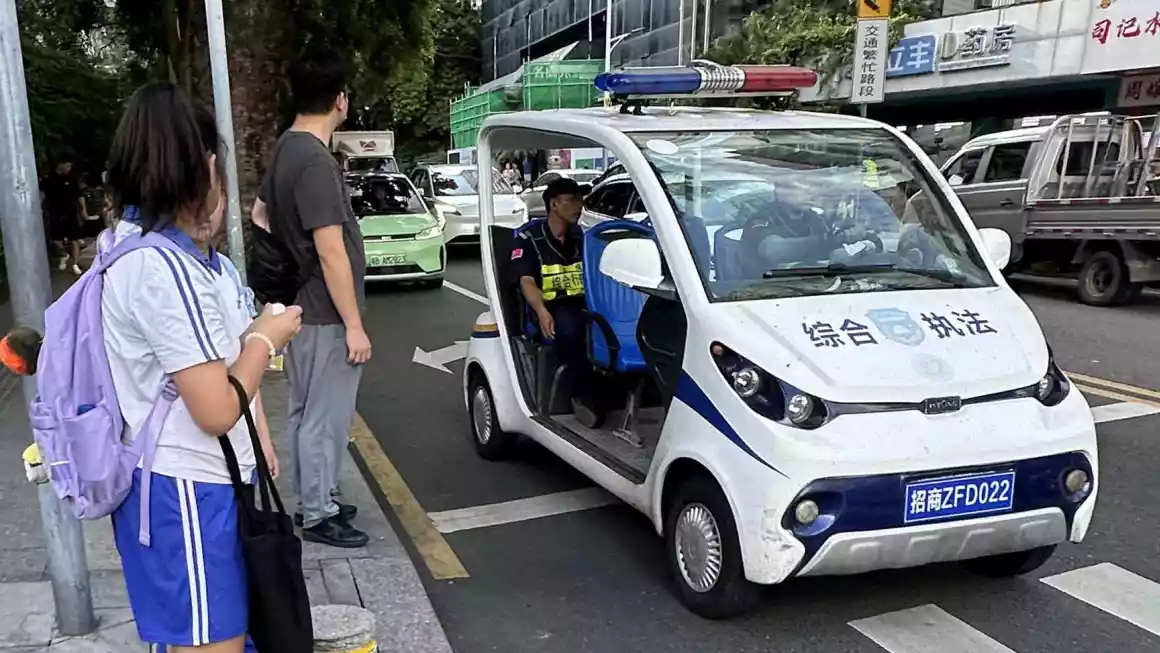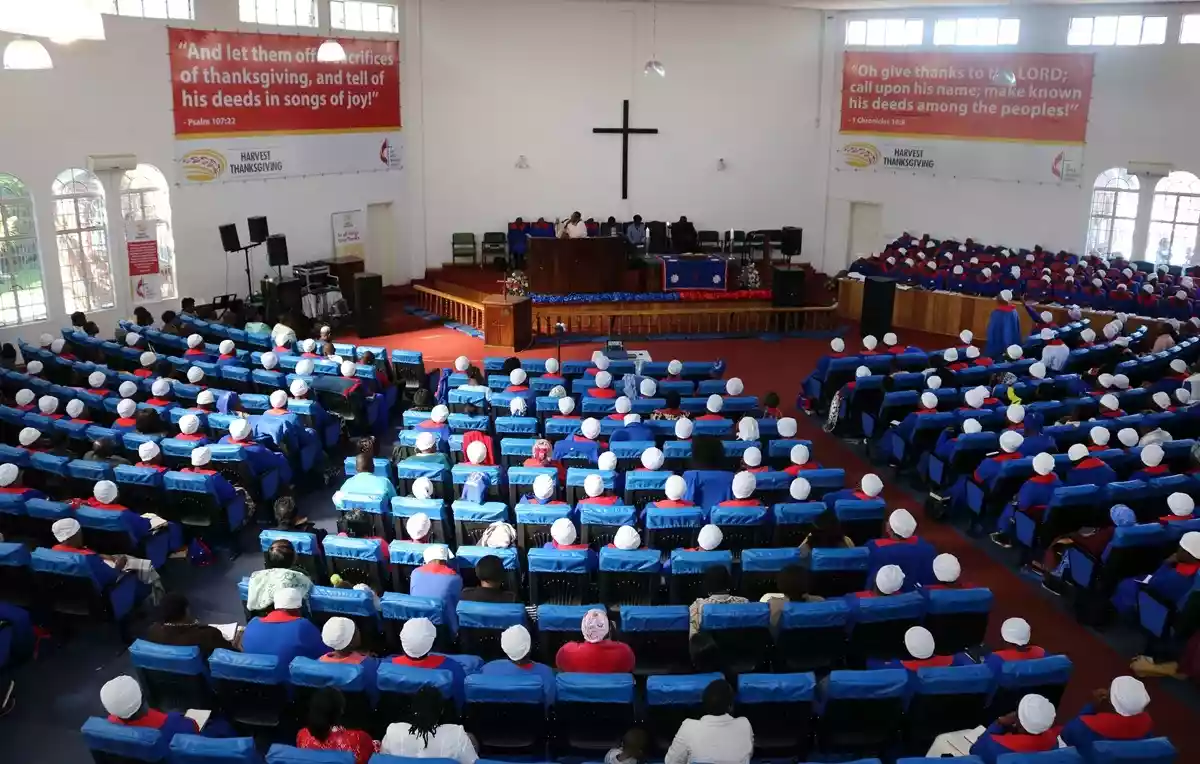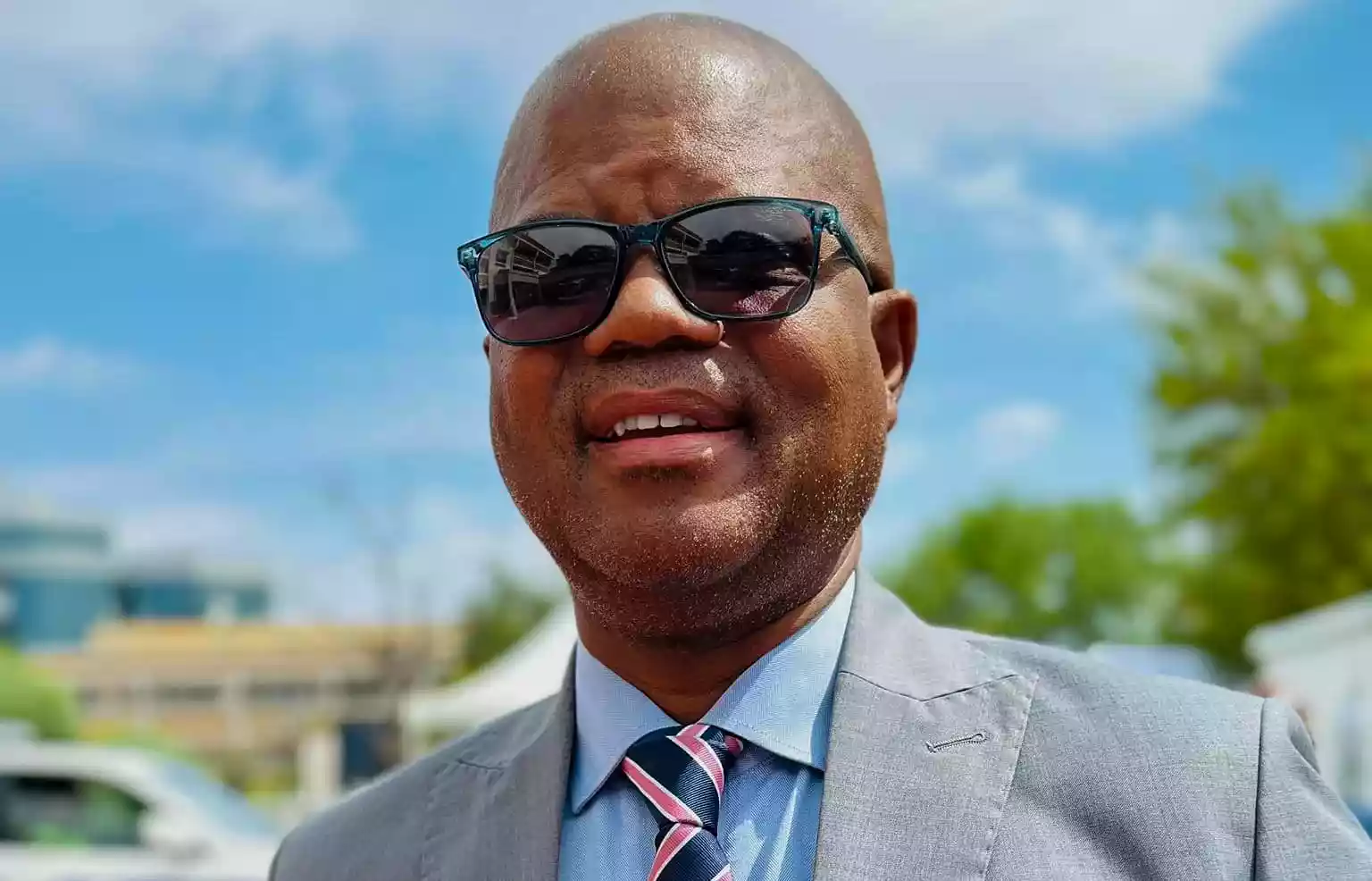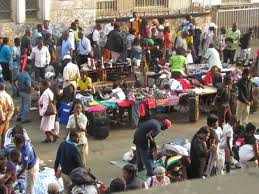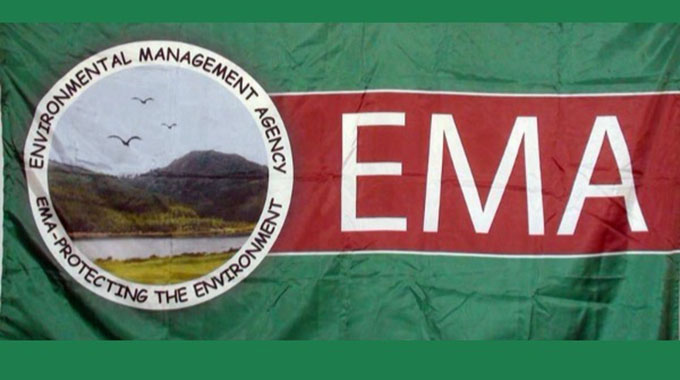
BY HARRIET CHIKANDIWA
ZIMBABWE is now collecting waste and exporting it to Dubai for recycling, Parliament was told yesterday.
This was disclosed by the Environmental Management Agency (EMA) director general Aaron Chigona when he appeared before the Parliamentary Portfolio Committee on Environment and Tourism chaired by MDC-T legislator Yvonne Musarurwa to speak on issues of waste management.
Chigona said 40 tonnes of waste have been collected and exported to Dubai on a cost recovery basis for recycling.
He said EMA was in the process of drafting environmental management plans for temporary storage facilities for e-waste.
“Under this arrangement e-waste is being collected by companies which have been issued with solid waste management enterprise licences,” Chigona said.
“Approximately 40 tonnes of e-waste have been collected and exported to Dubai on a cost recovery basis.”
He said a joint awareness campaign had been instituted with internet service providers.
- Chamisa under fire over US$120K donation
- Mavhunga puts DeMbare into Chibuku quarterfinals
- Pension funds bet on Cabora Bassa oilfields
- Councils defy govt fire tender directive
Keep Reading
“The current initiative is to the review the Environmental Management Act with a view of strengthening the framework for the management of e-waste. This has been slated for the third quarter of 2021.
“A Draft statutory instrument (SI) that seek to regulate the entire value chain of e-waste including producers, dealers, consumers, dismantlers and recyclers is undergoing the necessary consultations with key stakeholders,” he said.
Chigona said a policy that sought to promote environmental management has been crafted.
“The policy focuses on the management of e-waste along the entire e-waste value chain and producers for the development of e-waste infrastructure. Consultations are currently on-going with stakeholders for what must be included in the draft statutory instrument.
“The development of e-waste collection, sorting, processing and recycling will result in employment creation and the creation of markets throughout the value chain. Private public partners can be adopted to facilitate technology transfer for recycling as well as creation of infrastructure and institutional arrangements for collection, transportation or recycling,” Chigona said.
- Follow Harriet on Twitter @harrietchikand1

